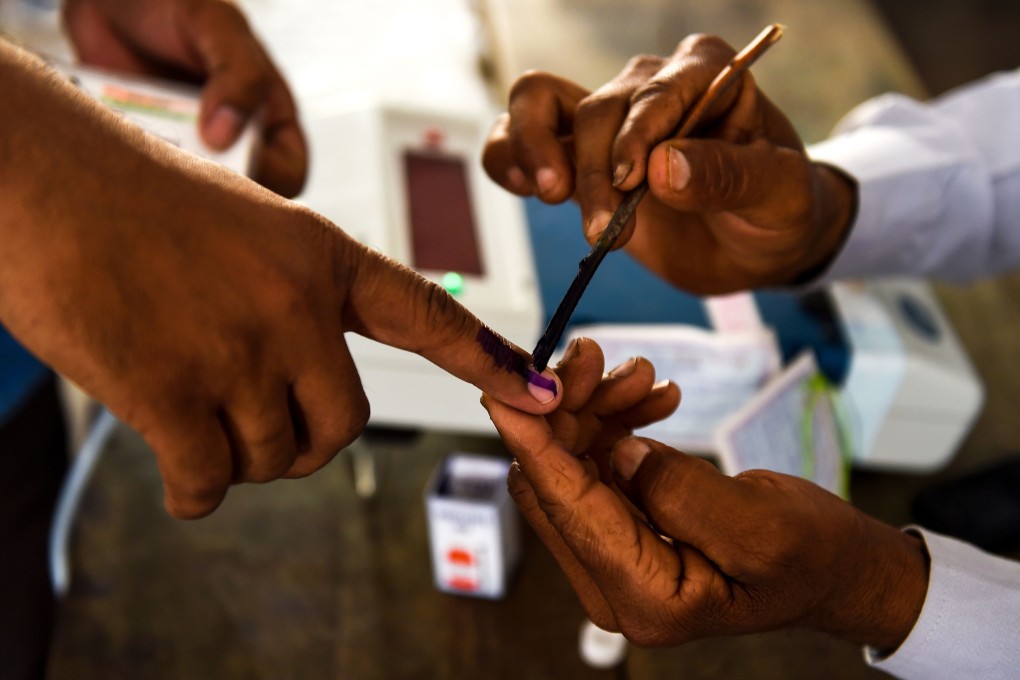Advertisement
India elections: the importance of being Uttar Pradesh
- The country’s most populous state is often seen as a bellwether for where India is headed politically
- Last time, the BJP won more seats there than any other party – but a new ‘grand alliance’ hopes to scupper its plans
Reading Time:5 minutes
Why you can trust SCMP
0

When it comes to India’s elections, few states are as important as Uttar Pradesh, where voting for this year’s national polls began on Thursday. Nine of the country’s 14 prime ministers have been elected from among its constituencies, and it is often seen as a bellwether for the political mood of the nation.
In 2014, current Prime Minister Narendra Modi’s Bharatiya Janata Party (BJP) won a quarter of its 282 seats in this most populous of states, helping it to an absolute majority in the Lok Sabha – the lower house of India’s parliament.

In those elections, a number of factors played a part in the BJP’s victory – from communal divisions exposed by the riots of 2013 in Muzaffarnagar, to the party’s own carefully designed platform that brought together disparate castes who had been overlooked by its main rivals.
But it is some of those same castes – the Yadavs, Jats and Dalits in particular – that are being targeted by a “grand alliance” of parties opposed to the BJP this time around.
Its leaders are hoping to lure back these voters, whose support they were previously able to rely upon, to deny Modi a return to power, according to Sudhir Panwar of the Samajwadi party – one of the three that came together to form the anti-BJP alliance.
Advertisement